In the last few decades, the abundance and range of food available has increased exponentially, and with it, discussion about what we should or shouldn’t eat. As more study into human nutrition is undertaken, many long held beliefs have been challenged and others reinforced, and a far more nuanced version of what constitutes a healthy diet, has emerged.
There is one food that has had more than its fair share of debate: The Egg
One of the most contentious foods, in terms of nutritional value, is the humble egg. Eggs are packed full of protein for lean muscle maintenance, enzyme and hormone synthesis; vitamin A, zeaxanthin and lutein for eye health; vitamin D for immune function and bone health; choline for normal cell function and selenium for healthy thyroid and healthy cognitive function. Weighing in at only 70 calories, the egg is a nutritional goliath, yet in the 80’s and 90’s it was derided and belittled for its cholesterol content.
We were advised to steer clear of egg yolks, as to consume them was to invite instant cardiovascular disease. We ate egg white omelettes in a bid to ward off heart attacks and stroke. Happily, the drivers of cardio-vascular disease and its relationship to elevated blood cholesterol are now better understood, and we can again include eggs as part of a healthy, balanced diet.
Studies reveal that the human liver will upregulate or downregulate cholesterol production to supplement that consumed in the diet. So if fewer cholesterol containing foods are eaten, the liver will take up the slack and produce more cholesterol. The reason the liver produces cholesterol is that it is essential for life.
Every single cell in our bodies has a membrane that separates it from the outer environment and controls the movement of substances in and out of the cell. This membrane contains cholesterol. Our sex hormones, estrogen, progesterone and testosterone as well as our stress hormones, adrenaline and cortisol, are derived from cholesterol. Vitamin D synthesis in the body relies on cholesterol in the skin which reacts to sun exposure.
The link between elevated blood cholesterol and cardiovascular disease has been so well enforced, that cholesterol has become the enemy. In reality, the role cholesterol plays is secondary to the damage inflicted on blood vessel walls by other stressors such as smoking, drinking, excess sugar, excess trans-fats, obesity and chronic stress. When blood vessel walls become damaged by these “irritants” the body tries to patch up the compromised areas with cholesterol deposits. When these deposits become larger or more numerous, the aperture of the blood vessel narrows, leading to increased blood pressure (hypertension) as the heart tries harder to pump blood through the smaller space. Think of an old freezer which accumulates ice on its walls until you can’t fit your ice cream in there anymore.
So the keys to a healthy heart and healthy arteries are well within our grasp. Give up the cigarettes, give up the fast food, take up regular exercise, allow time each day to de-stress, treat sugar as just that: a treat, not a dietary staple, and nourish your body by eating a few eggs each week!



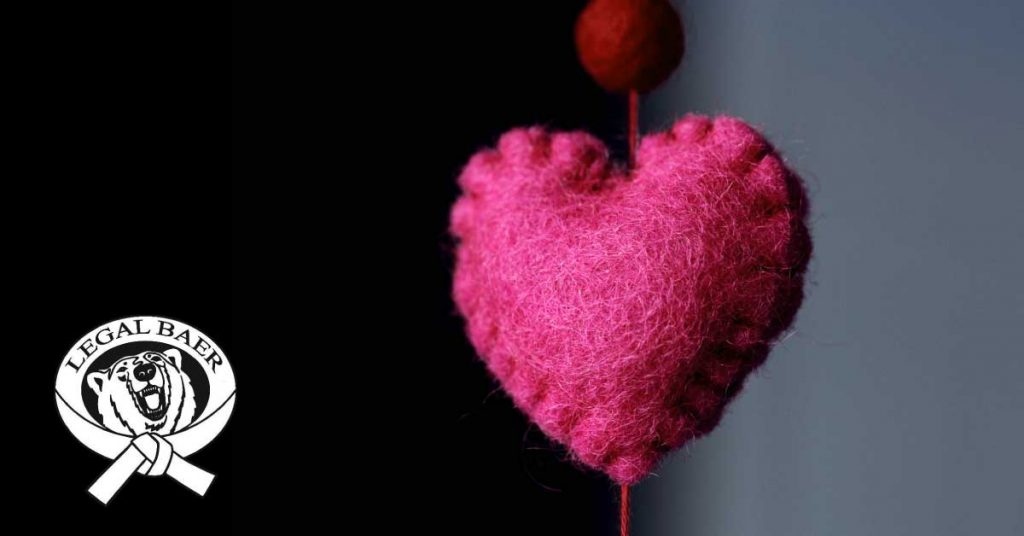
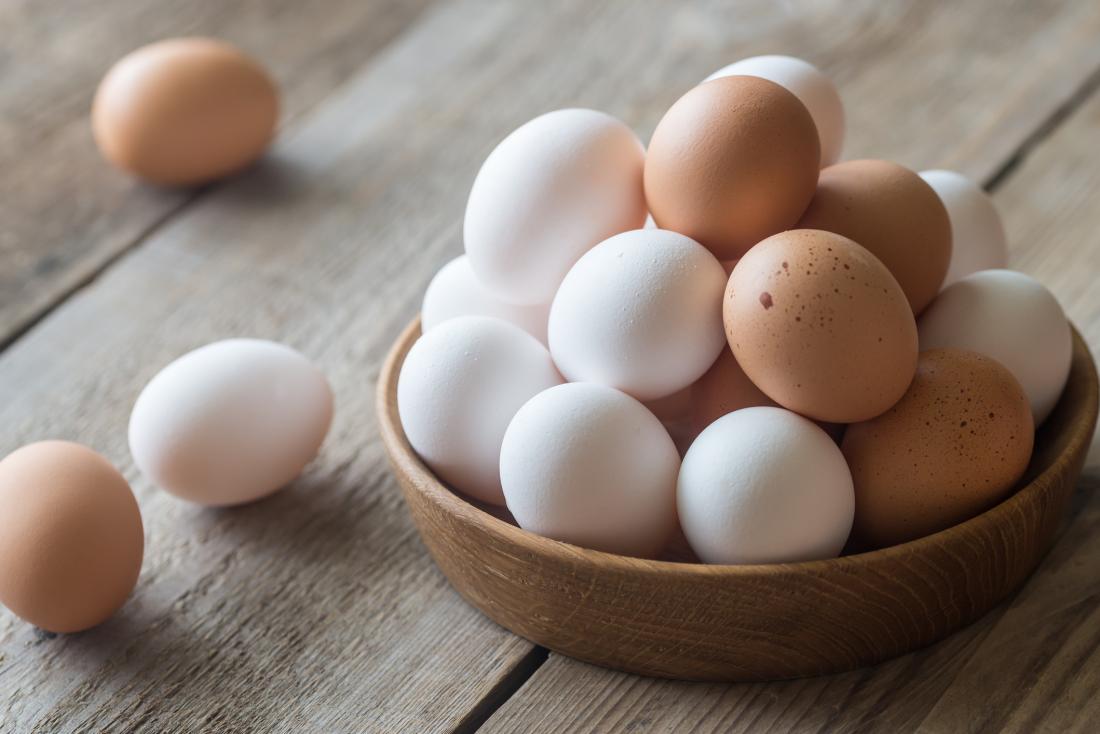
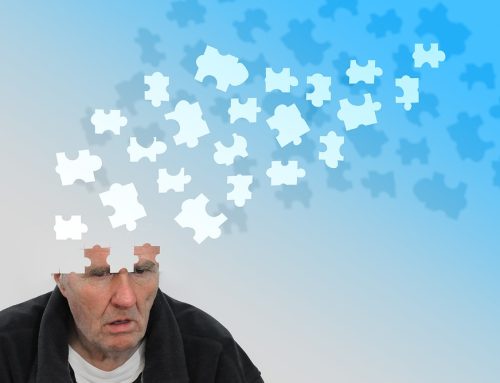
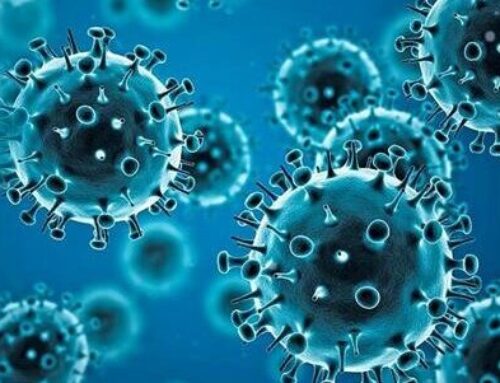
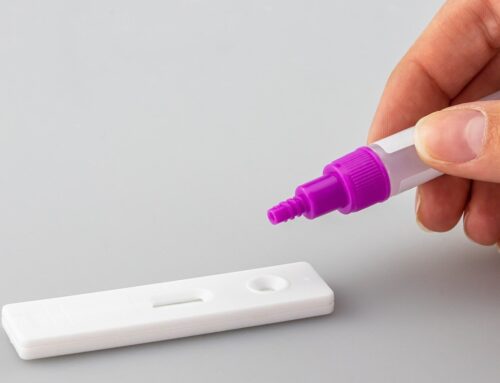
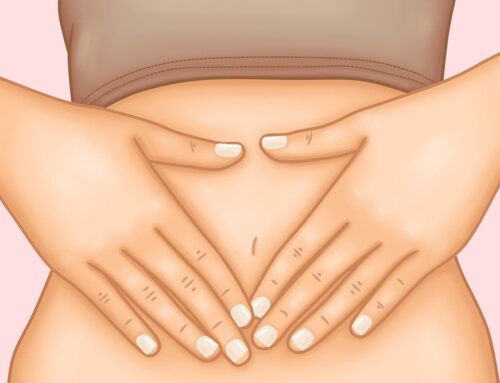

Great article and sound advice. I’m opting for eggs for breakfast this morning.
Thanks Heather, so do we!